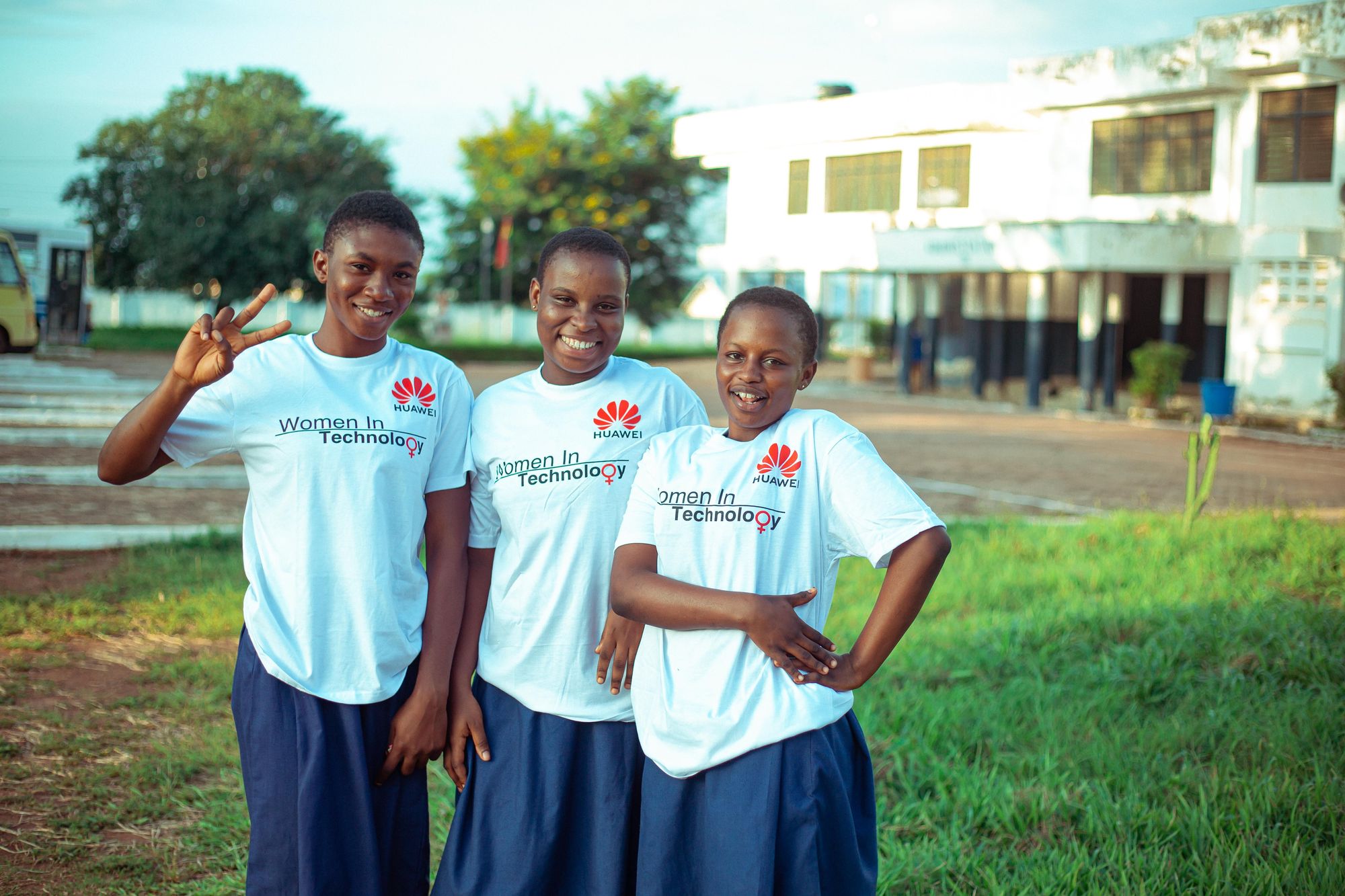Huawei Kenya is working harder to give more students access to the internet, with a special focus on children with special needs.
In the second part of the Digischool programme, which is supposed to include a total of 16 elementary and secondary schools, the national fiber optic cable network will be connected to six special needs schools first.
Steven Zhang, who is the Deputy CEO of Huawei Kenya, said that the Digischool project is a strategic way to improve how students in Kenyan schools learn. The programme also wants to improve how these schools handle their management tasks as a whole.
Read also: Huawei announces campaign to reward loyal customers in South Africa
Huawei’s global network
Zhang said that Huawei has been building networks and connecting phones, homes, and government offices across the country for 25 years. He stressed how important it is to connect schools so that kids can learn skills for jobs in the digital economy. He said that this kind of training requires being online and having digital skills.
During the first part of Digischool, 13 schools were linked to the National Fibre Optic Cable. In the next stages of the plan, school connectivity will be a top priority and will be expanded. This will improve the quality, accessibility, and fairness of education. Teachers, administrators, kids, and parents will all get training on how to use technology and how to stay safe online.
Plans also include rules for schools’ use of the internet and technology. The NOFBI will continue to link people because it is cheap and reliable.
Partners are going to work together even more, with the goal of getting all schools connected to the internet in a way that is both reliable and affordable. Community Internet hubs will be set up to help people in the areas around these schools get online.
Huawei Digischool programme
Zhang talked about what Digischool’s first phase taught him. He said that schools linked to the national fiber optic cable could save at least Kshs 120,000 per term on internet bundles.
Principal Secretary for Basic Education Dr. Belio Kipsang agreed that all schools should be able to connect to the internet, which is in line with the Digital Masterplan and the Digital Superhighway Pillar of the Bottom-Up Economic Transformation Agenda Plan. He stressed that access to the internet makes education more fair, especially for girls and people with disabilities who live in rural areas and are students. He thanked Huawei and UNESCO for working with the government to help people stay connected to the internet.
The first phase of the Digischool programme had a big effect. It showed that having access to the internet not only improves the quality of education but also makes students and teachers more positive. It showed how different internet platforms and tools are used in teaching, especially YouTube and interactive quizzes.
The Digischool project has had benefits that were not part of its original plan, such as helping schools work together and giving students access to international competitions. Also, school officials have gotten a lot out of being connected online, especially when it comes to communicating with parents and the community. The Internet connection in these schools is good for both parents and people in the surrounding area.
